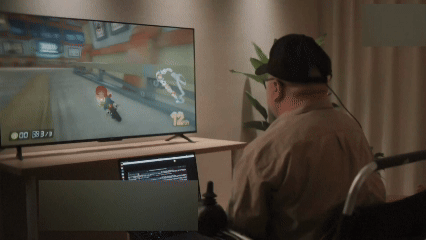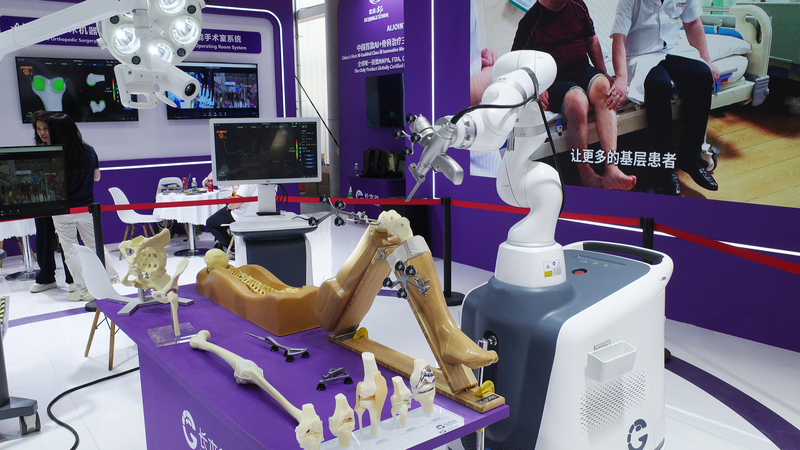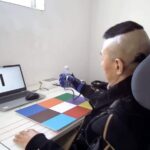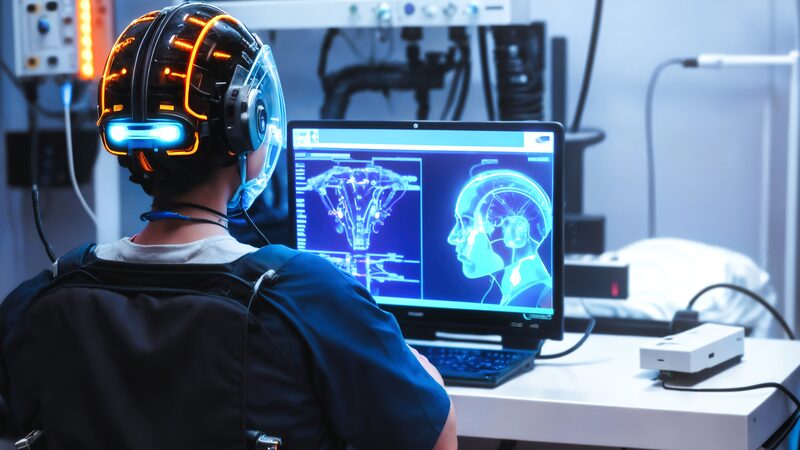China is rapidly advancing in brain-computer interface (BCI) technology, achieving a major milestone with its first successful invasive BCI surgery. The procedure, conducted in June, marks a leap forward in medical innovation and positions China as a global leader in neurotechnology.
From Tragedy to Technological Triumph
A patient who lost all four limbs in an electrical accident 13 years ago became the focus of a groundbreaking trial. Surgeons implanted a BCI device developed by the Chinese Academy of Sciences' Center for Excellence in Brain Science and Intelligence Technology (CEBSIT), Huashan Hospital, and private partners. Within weeks, the patient could control video games using neural signals—a feat previously achieved only in the United States.
How Mind Meets Machine
BCI systems decode electrical impulses generated by brain activity, translating thoughts into digital commands through advanced algorithms. This creates a direct communication channel between the human mind and external devices, offering life-changing potential for patients with mobility impairments.
Strategic Implications
The state-backed project highlights China's growing influence in next-generation technologies. Analysts suggest BCI advancements could reshape healthcare, rehabilitation, and even consumer tech markets across Asia. Researchers emphasize ethical considerations while noting applications ranging from neurological disorder treatments to enhanced human-machine collaboration.
Reference(s):
cgtn.com








